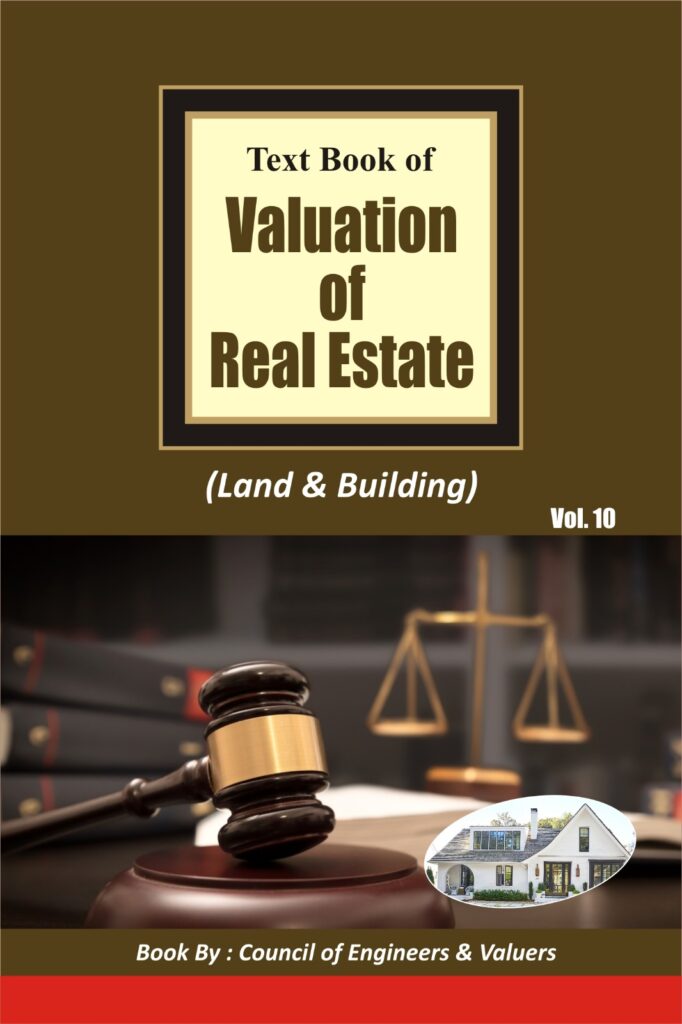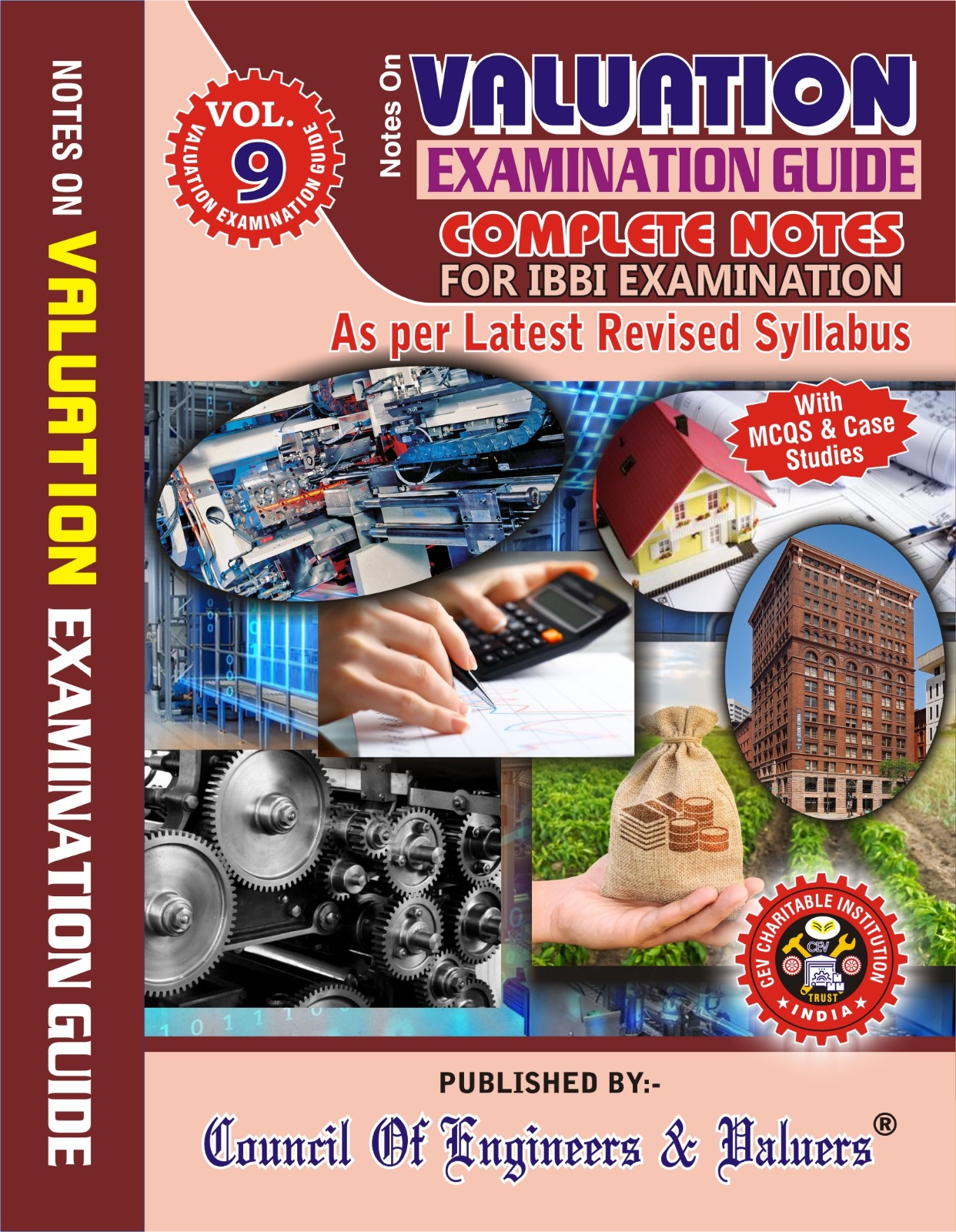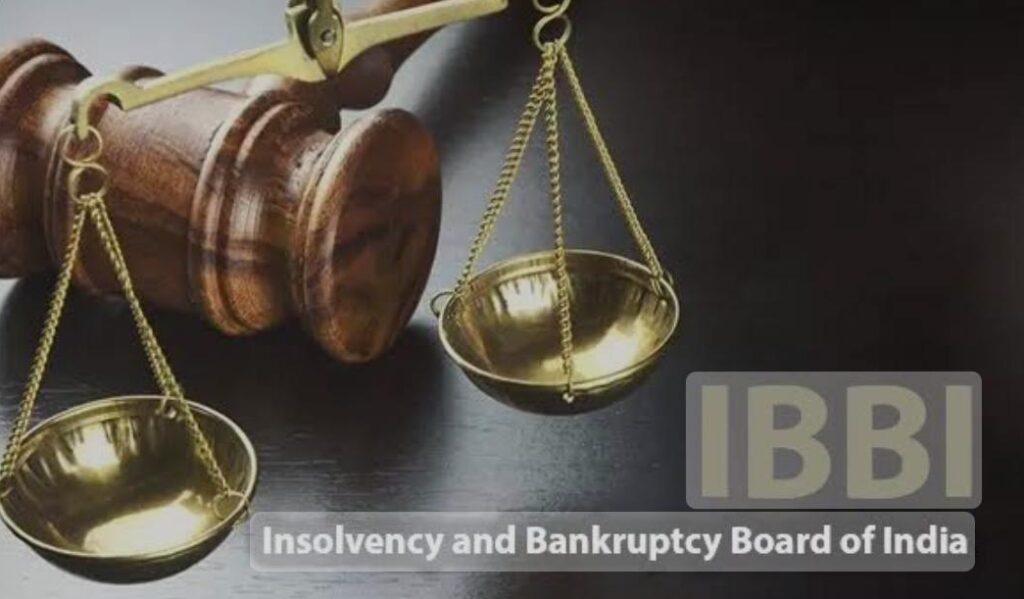INSOLVENCY AND BANKRUPTCY BOARD OF INDIA AMENDS THE INSOLVENCY AND BANKRUPTCY BOARD OF INDIA (INSOLVENCY RESOLUTION PROCESS FOR CORPORATE PERSONS) REGULATIONS, 2016
NEW DELHI-17/02/2024, (TECHNO REPORTER): Insolvency And Bankruptcy Board Of India (IBBI) vide Press Release No. IBBI/PR/2024/09 issued on 16th February, 2024 notified the Insolvency and Bankruptcy Board of India (Insolvency Resolution Process for Corporate Persons) (Amendment) Regulations, 2024 (Amendment Regulations) on 15th February, 2024.
2. To streamline the corporate insolvency resolution process, the Amendment Regulations make the following key modifications:
(a) Operating separate bank accounts for real estate projects: To ensure financial transparency and accountability, the amendment makes it mandatory to have a separate bank account for each real estate project under a corporate debtor.
(b) Monthly meetings of the committee of creditors (CoC): Under the amended dispensation, the resolution professional (RP) is mandated to convene a CoC meeting at least once in every thirty days, with a provision to extend the interval between meetings to a maximum of one meeting per quarter, if CoC so decides.
(c) Voting procedures: In place of provision of minimum period specified for the opening of the voting window with no upper limit, the amended regulation empowers the CoC to decide the period of opening of electronic voting window with a minimum of twenty-four hours and a maximum of seven days with further increments of twenty-four hours each. Further, to streamline the voting process, the amendment mandates that where the matters listed for voting have already received requisite majority vote, the RP shall provide one last opportunity to vote by extending the voting window by a maximum period of twenty-four hours.

(e) Disclosure of valuation methodology: With an aim to increase transparency and reduce disputes over valuation-related issues, the amendment provide for explaining the valuation methodology to the members of the CoC before the computation of estimates.
(f) Disclosure of fair value in the information memorandum: For fostering informed participation in the process, the amendment provides that the fair value may be made part Page 2 of 2 of the information memorandum (IM). However, the CoC, after recording the reasons, can decide not to share such an information where in its considered view such a disclosure is not beneficial for the resolution.
(g) Flexibility in inviting resolution plans in real-estate cases: With a view that each project in a real estate case may need different treatment in terms of resolution, the amendment clarifies that after due examination, the CoC may direct the RP to invite separate plan for each project.
(h) Monitoring committee for implementation of resolution plan: The amendment enables the CoC to decide for constitution of a monitoring committee for overseeing the implementation of the resolution plan. The committee may include the RP, any other insolvency professional or any other person as its member. In case the RP is made part of the committee, the monthly fee payable to him shall not exceed the monthly fee received by him during the corporate insolvency resolution process.
(i) Continuation of the resolution process pending extension application: A clarification has been provided to ensure that RP continues to discharge his responsibilities under the resolution process till an application for extension is decided by the Adjudicating Authority.
3. The amended regulations are effective from 15th February 2024 and are available at www.ibbi.gov.in.
WHAT’S NEW FOR VALUERS:-
In the principal regulations, in regulation 35, in sub-regulation (1), after clause (a), the following proviso shall be inserted, namely: – “Provided that the resolution professional shall facilitate a meeting wherein registered valuers shall explain the methodology being adopted to arrive at a valuation to the committee members before computation of estimates.”
In the contemporary landscape of valuation practices, registered valuers are now required to provide comprehensive explanations of their valuation methodologies before determining the values of assets. This shift reflects a commitment to transparency, accountability, and professional integrity within the valuation industry. By elucidating their methodologies, valuers not only enhance the credibility of their assessments but also empower stakeholders to make informed decisions based on a clear understanding of the valuation process. This proactive approach fosters trust between valuers and clients, promotes consistency in valuation standards, and ultimately contributes to the overall reliability of financial and real estate transactions. The emphasis on methodological transparency underscores the commitment to ethical valuation practices, aligning the profession with the evolving demands of a dynamic and responsible financial environment.
Er. Sundeep Bansal Managing Director of CEV IAF RVO said “In the evolving landscape of valuation practices, the imperative for registered valuers to elucidate their valuation methodology before estimating values marks a pivotal shift toward transparency and accountability. This proactive disclosure ensures that stakeholders, be they clients, investors, or regulatory bodies, are endowed with a comprehensive understanding of the intricate processes and factors influencing the valuation outcomes. By mandating valuers to articulate their methodologies, the industry not only fortifies the integrity of valuation practices but also fosters greater confidence in the reliability and accuracy of the assessed values. This enhanced transparency not only serves as a safeguard against potential conflicts of interest but also promotes a more informed decision-making process for all parties involved. As a result, this conscientious approach contributes to the overall trustworthiness and credibility of registered valuers, underlining their commitment to professional standards and ethical conduct in the realm of valuation.”
WHAT VALUATION EXPERTS SAYS:-
Er. Sunil Pandey from Indore said “Valuation report will be shared with the committee, this is a good thing.This will be shared with the assurance that this value will not be shared with anyone else. It’s not that important. But there will definitely be an open challenge for Valuers. Valuation report will be the main focus point in case of decision and indecision. The Valuer has got ample opportunity to be at the center and perform , he should take full advantage of it. Now it will depend on the Registered valuer whether it will enhance or degrade the Value of profession.”
One more expert valuer from Jalandhar contributed that “The estimates of the value of assets in a valuation report are based on the professional opinion of the valuer and therefore are subjective. The valuer has the liberty to exercise his professional judgment to choose any appropriate method for the valuation of assets, by any internationally accepted valuation standards. However, now the valuer has a parallel duty to disclose his valuation methodology to the members of the CoC before the computation of estimates, all the available material information, including valuation standards adopted by him to prepare the valuation report, the present conditions of the assets being valued, the assumptions made by the valuer for such assets to make any conclusion, the basis of discounting taken for the assets, etc. Such disclosures are necessary for the sake of transparency of the valuation report. A transparent valuation report not only holds the valuer accountable for his work but also enhances the stakeholders’ trust in the valuation report and will certainly reduce disputes over valuation related issues“




